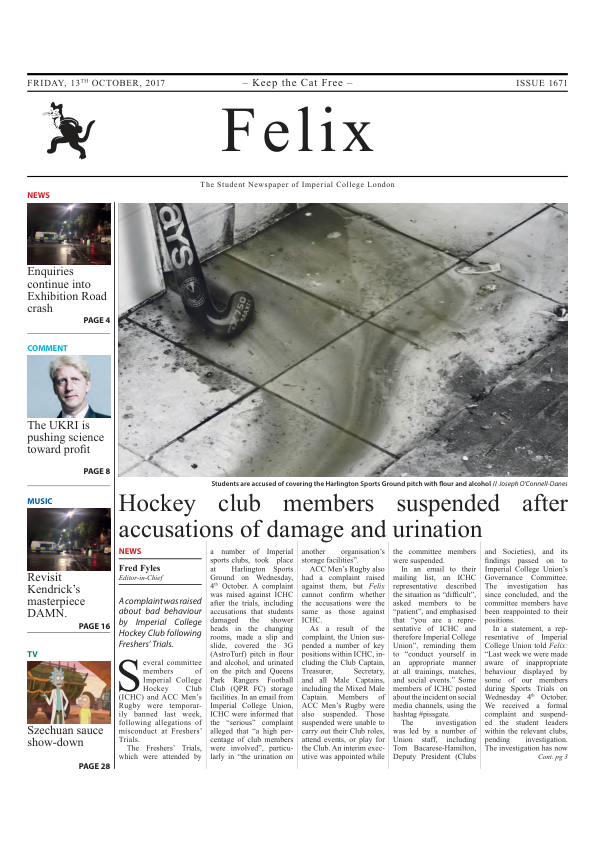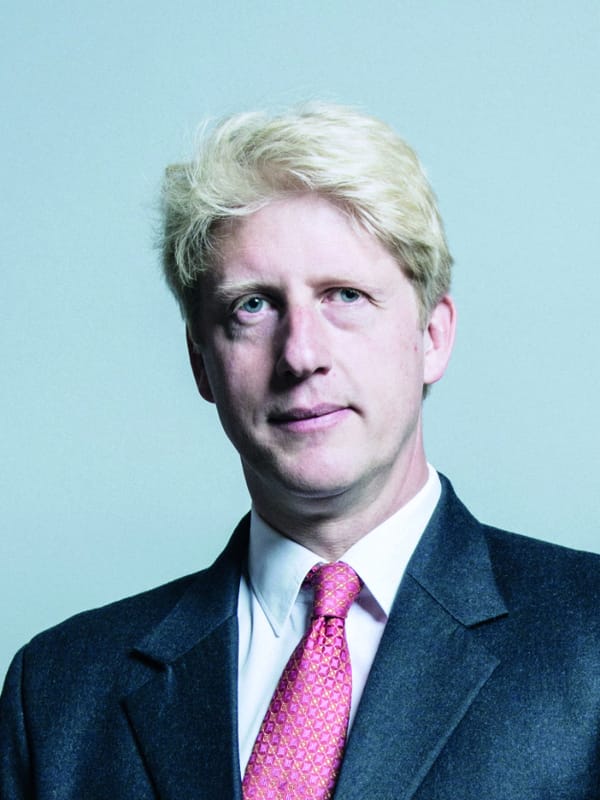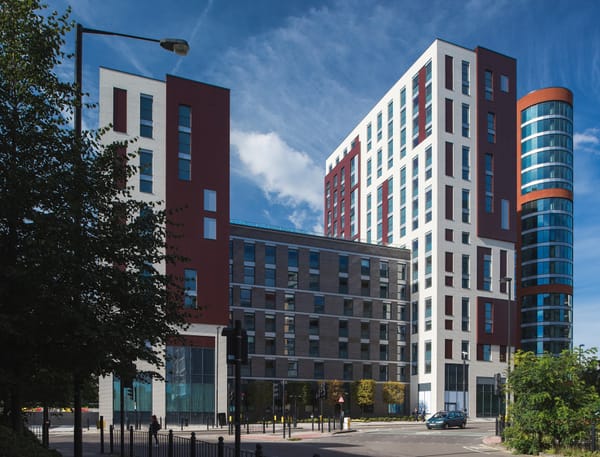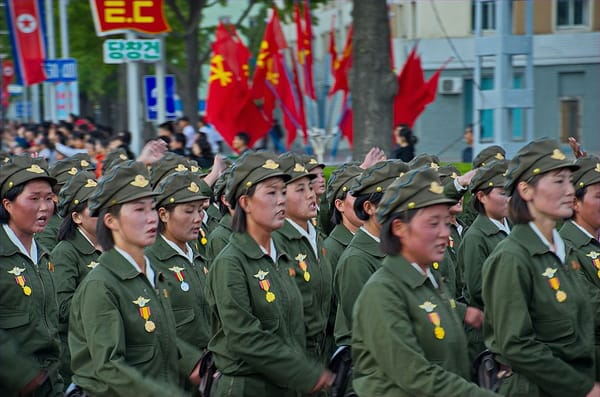Cuba Libre: What’s more to achieve than revolution?
Behind the Facebook-ready vistas and the vintage cars, there’s an unsettling truth at the heart of Cuban society and politics.

On returning from my holiday to Cuba this year, I immediately got to work making a shiny new photo album for all those Facebook friends out there who’d probably rather I didn’t. Revolutionary Square is in there, lots of palm trees, and even that most cliché of images: a hollowed-out pineapple with a straw in it – as to indicate this is no ordinary pineapple. All very picturesque – as Cuban as it gets. However, as is always the case with social media snaps, the album is an airbrushed portrayal of my holiday and by extension of Cuba. Much like Raul Castro and Fidel before him, I make sure you only see the best bits.
What we actually saw beyond the hotel was a country unchanged for decades. A place so steeped in nostalgia it never thought to look forward. And amidst the smiling faces there was the sense that not all is right in paradise.
Away from the ears of hotel managers, our guide explained to us how Cold War-era rationing is still in place for Cuba’s residents. One chicken leg per month, no beef – that’s only for tourists. To kill a cow illegally results in the same penalty as murder, the resources are that scarce. He went on to talk about the colourful classic cars – a result of ancient economic sanctions which made buying new cars virtually impossible. They’re not just a quirky feature, they’re a reminder to residents of the stagnant economy.
“Amidst the smiling faces there was the sense that not all is right in this tropical paradise”
The next day we were driven to Havana in one of these old relics, accompanied by another member of hotel staff – presumably so that we didn’t stray too far from the tourist routes. He told us about how wonderful Cuba is, how awful England sounds, and why it’s not so bad that he can’t leave the island. After a bit more probing on this unexpected remark he elaborated: apparently Cuba does not permit its residents to leave unless they are going for business or another official reason; even then there’s no guarantee you will be allowed to go. First a letter from the travellers host is required – fee $128. Then permission from their work place is needed, and finally and there’s an exit fee – $150. The success of this process is very much hit and miss, with applications often denied and the money collected by the government anyway. To increase chances of success many of the hotel staff had sponsorship from the hotel guests to help them go on holiday, see family elsewhere in the world, or simply to escape to a new life.
To escape is the last thing most sun-worshiping, white sand-chasing tourists think on arrival to Cuba. But as a resident it’s easy to understand why: aside from their lack of freedom Cubans must contend with the crumbling buildings and infrastructure; the state owned TV channels, the restricted wifi and internet access; old cars spewing out god knows what, choking up the streets. Their world famous health care is remarkable considering the limited resources, but even in this department there lie problems, with foreigners and Raul Castro’s inner circle using one set of facilities and everybody else having to use another.
“People in Cuba are equal. Equally down-trodden, equally frustrated by the poverty”
Here you get the sense that the world is passing by and people in Cuba are helpless to do anything about it. GDP was down 0.9% in 2016 and yet the communist government still loosens its tight control on the markets at a snail’s pace. Out of a population of 11.1 million only 38.8% have access to internet, meaning the majority of the population are out of the loop with any current affairs not broadcast by biased state-owned media. As a result of such restrictions, Cubans are stuck in the 1960’s, both economically and psychologically, while the rest of us surge forward into the 21st century. The Castros live on, and so too does the feeling that there is nothing more to achieve than revolution. The leaders are complacent (in everything but keeping control). Or, as our guide put it: “Raul is the same as Fidel – nothing changes.”
Some will always uphold Cuba as a socialist model of fairness and liberation from the capitalist machine. Maybe I’m wrong in saying it’s not. People in Cuba are equal, I suppose. Equally down-trodden, equally frustrated – frustrated by the poverty, the decay, the stagnation. But above all by their lack of freedom, the acquisition of which will always outshine monetary equality as a human need. After all, have you ever heard of an inmate satisfied with life behind bars because of uniform portion sizes in the canteen? I doubt it, even if their prison is a tropical paradise.









